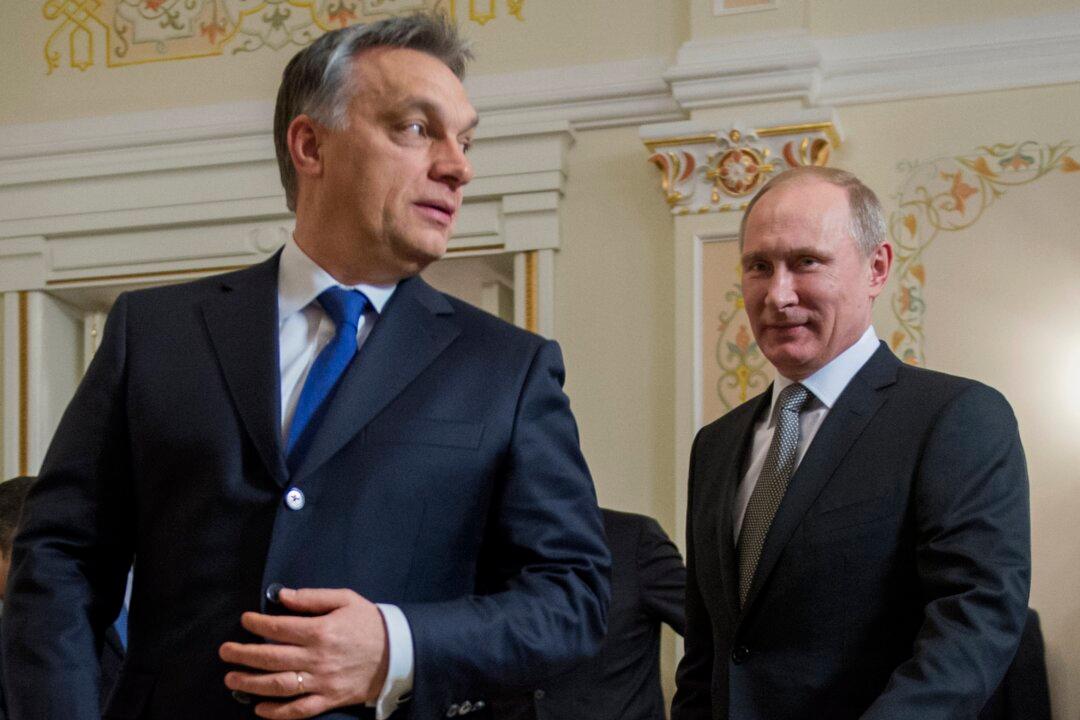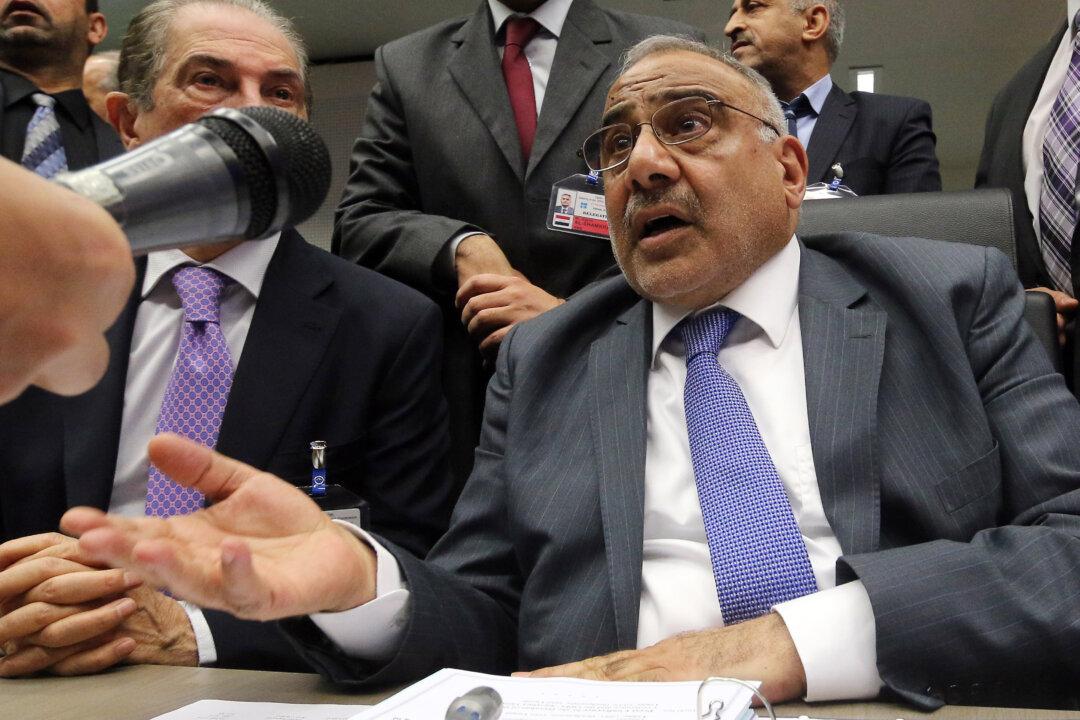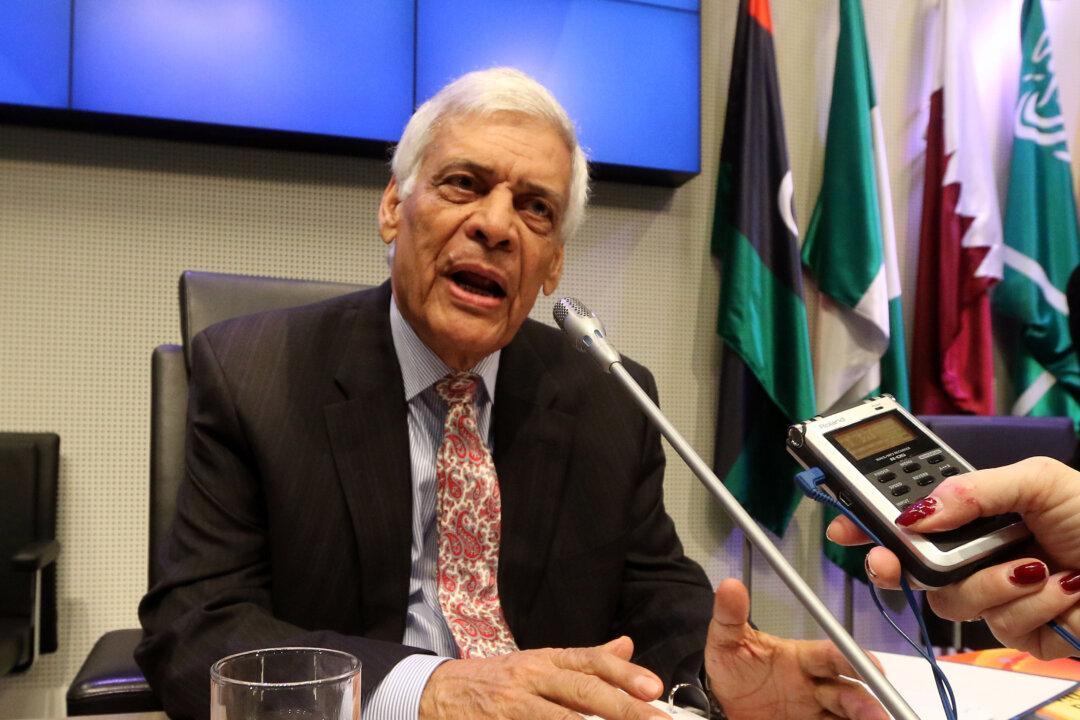VIENNA—Iran and the United States have tentatively agreed on a formula that Washington hopes will reduce Tehran’s ability to make nuclear arms by committing it to ship to Russia much of the material needed for such weapons, diplomats say.
In another sign of progress, the two diplomats told The Associated Press that negotiators at the December round of nuclear talks drew up for the first time a catalog outlining areas of potential accord and differing approaches to remaining disputes.
The diplomats said differences still dominate ahead of the next round of Iran-six power talks on Jan. 15 in Geneva. But they suggested that even agreement to create a to-do list would have been difficult previously because of wide gaps between the sides.
Iran denies it wants nuclear arms, but it is negotiating with the U.S., Russia, China, Britain, France and Germany on cuts to its atomic program in hope of ending crippling sanctions. The talks have been extended twice due to stubborn disagreements.
The main conflict is over uranium enrichment, which can create both reactor fuel and the fissile core of nuclear arms. In seeking to reduce Iran’s bomb-making ability, the U.S. has proposed that Tehran export much of its stockpile of enriched uranium — something the Islamic Republic has long said it would not do.
The diplomats said both sides in the talks are still arguing about how much of an enriched uranium stockpile to leave Iran. It now has enough for several bombs, and Washington wants substantial cuts below that level.





